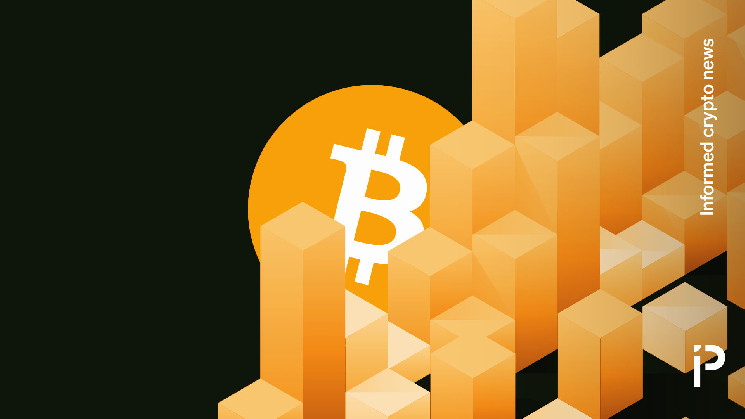NFT
Bull Bitcoin founder and maximalist Francis Pouliot on Tuesday endorsed research from Block21M that accused a single entity of holding a majority stake in Bitcoin Ordinals. Within hours, the community debunked that research.
Inscriptions are NFT-like bits of data linked to subunits of bitcoin using Casey Rodarmor’s off-blockchain numbering system called Ordinal theory. Bitcoin users who sign up for wallet software that supports Ordinals can buy, sell and transfer these NFTs. Entries can store up to 4 MB of data each on Bitcoin’s blockchain.
Block21M’s research claims that a single public key has produced the majority of all inscriptions. However, that key does not own those inscriptions. Instead, the enrollment-as-a-service website UniSat helped create it.
UniSat has enrolled the vast majority of Ordinals since Rodarmor released its Ordinals software earlier this year. UniSat releases property after bidders pay its fee. Therefore, according to independent researcher Mononaut, the claim that one entity owns the majority of all inscriptions is debunked.
ordinal numbers:
A) a shitcoin ponzi scam funded by a big bag pumping group
B) a pilot attack funded by malicious actorsFolks at Bitcoin Magazine, time to wake the fuck up.
https://t.co/BthLB41pPb— FRANCIS
BULLBITCOIN.COM (@francispouliot_) May 30, 2023
Bull Bitcoin founder Francis Pouliot is skeptical about Ordinals.
Read more: Pumping and dumping Bitcoin ordinals using stolen images and copyright
Over 1,000 bitcoin in transaction fees for Bitcoin Ordinals subscriptions
Block21M says UniSat spent more than 1,056 bitcoin in transaction fees to make inscriptions. The ability to spend so much on transaction fees could, in theory, give it significant leverage over the data added to the Bitcoin blockchain by “outbidding” regular users or using discretion in what data it adds to a particular inscription .
In practice, claims of misconduct by UniSat are sparse to nonexistent. So far it has functioned as a simple business – charging a fee to users who want a convenient interface for creating an inscription. UniSat writes the data to an output controlled by a user’s bitcoin address and charges a fee that includes the transaction fee.
Subscribers use Bitcoin for the original purchase of sending and receiving Bitcoin transactions. They pay transaction fees to miners to record their transaction and associated data on Bitcoin’s blockchain.
Block21M says it is developing a powerful Bitcoin blockchain analyzer that it plans to open source. It claims that the analyzer will give Bitcoin users access to the same information that blockchain analytics companies sell to their clients. It revealed the information about UniSat’s use of tap scripts while running tests on the analyzer’s ability to parse and print tap scripts into the P2TR script path transaction entries.
This information led to speculation that UniSat was involved in money laundering or market manipulation.
Bitcoin Ordinals ownership is not majority controlled by any one wallet
By Tuesday afternoon, Block21M had added a correction to its post, admitting that while users used UniSat’s private key to make inscriptions, they own the inscriptions they made.
The Bitcoin blockchain analyzer found that the UniSat public key created 64% of all inscriptions. Like other enthusiastic researchers, Block21M might have jumped to conclusions saying that Unisat owned the majority of Bitcoin ranking-based inscriptions.













